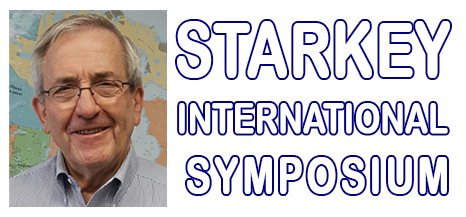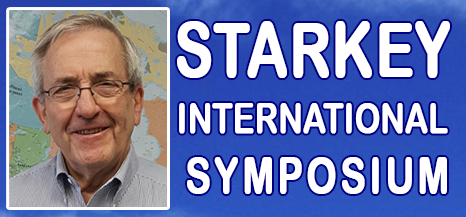This major symposium is in honor of the distinguished work and lifetime achievements of John H. Starkey. Mr. Starkey is a well-known figure for his strong impact on metallurgical process design including iron, base metals and gold processing. This work is especially well known in the area of autogenous and semi-autogenous grinding circuits and relating these to beneficiation. For the past 26 years he has dedicated himself to the development and application of new technologies to measure ore hardness and to calculate mill sizes for new grinding mills. He has based all of his development work on open technology and fundamental measurements. Since 1994, he has published over 25 papers detailing the development of new ore hardness measurement technologies, and the commercial results that have been achieved using SPI and SAGDesign testing. Mr. Starkey has also lectured extensively around the world, teaching graduates and undergraduates how to design AG/SAG mill grinding circuits using open technology that he developed. These presentations have included lectures at 5 Canadian Universities, Colorado School of Mines, Helsinki Technical University, Irkutsk Technical University, and Cape Town University, dating back to 2003 until the present.
Throughout his career, his activity has resulted in various significant accomplishments, such as:
- Creation of the First Practical Geomet Grinding Test
The SPI or SAG Power Index test was the first test on the market to measure ore hardness variability in a cost effective way that could guide mining activities by blending ores and managing SAG mill throughput.
- Creation of the Most Accurate SAG Test for Design
The SAGDesign test has been proven in round robin testing to give a result for SAG hardness that is within 5% of the real value, as determined by benchmark testing and duplicate tests on the same sample. Since definitive cost estimates are expected to be within plus or minus 5%, SAGDesign is the only SAG test that qualifies in the context of defining the capital cost and throughput of the mill for a new plant at the definitive cost estimate level, for a project, by doing single tests on good composites and not relying on duplicate results to create the required accuracy.
- Semi-Autogenous Grinding Mill Design
Using SAGDesign technology SAG and ball mills are now designed using measurements on a client's ore alone. The use of simulation is unnecessary because engineering calculations are now used to size the grinding mills so that these mills match the ore body that is to be mined and processed. By using the measured Bond Ball Mill Work Index of SAG ground ore, the SAGDesign tests measure the proper hardness values to represent what will happen in the plant grinding mills.
- Startup of New Plants on Schedule
Starkey & Associates Inc. based on John's experience and expertise, recommends and delivers new SAG mill designs that can start up at design tonnage. This avoids a long ramp up period that some consider acceptable but which is not necessary, and is entirely avoidable, if a SAG mill is properly matched to an ore body whose hardness variability properties are known.
- Achieving Design Tonnage and Recovery
Conventional wisdom has dictated that a new plant will take up to 12 months or longer to achieve full capacity. By including proper operating allowances, a new SAG mill can now be designed to process ore at a steady tonnage rate from day one if a client so chooses. The concept of always pushing a SAG mill to its full capacity is the result of SAG mills being undersized. When a SAG mill is designed to run at steady tonnage, only then can maximum recovery be achieved. The value to the project will justify the cost extra that is required to achieve this performance.
- Achieving On Schedule and On Budget Start-Ups
It is well known that changes are costly. When engineering on a plant starts it is imperative that the correct sizes of grinding mills are identified before the engineering starts. This mill sizing must never be done by a manufacturer because their interest is to sell a mill. If the mill is sized by a third party prior to engineering the manufacturer can bid on the required mill. The size of the mill should never be adjusted to reduce the price and clients who allow this have suffered in project devaluation by so doing.
- Teaching SAG Mill Design at the University Level
The creation of open technology to design SAG mills has opened the door for this knowledge exchange to take place. Private technologies cannot be effectively taught to students but open technology is the way by which industry will regain control over the financial performance of new greenfield projects.
John is also devoted to the education and the worldwide spread of sophisticated metallurgical process design engineering. As a result students/engineers who have studied his methods are now contributing to industrial design in and around the SAG milling field in many countries.
In Canada as a member of the Board of Directors of the CMP (Canadian Mineral Processors) Society for the past 12 years, John has contributed to the industry, by providing leadership and mentoring for students who attend that prestigious conference every year.
In addition, he actively worked as a leader of his company to establish comminution testing centres around the world, by signing agreements with 11 well established laboratories, to provide reliable ore hardness data as it relates to SAG mill design and operation.
The symposium is organized on the occasion of his 2 anniversaries in the same year: His age anniversary (he becomes 80 in August 2016) and scientific anniversary (in 2016 he reaches 55 years of continuous contributions to the mining industry).
Reflecting his outstanding contribution to the design and operation of successful SAG milling concentrators, this international symposium will feature plenary, keynote and invited lectures on scientific and technological subjects relating to process engineering in general and to comminution and ore beneficiation in particular, focussing on iron ore, copper and gold recovery operations.
Contributed articles will be double peer-reviewed and will be published in Conference Official Proceedings having an ISBN and an ISSN number and available through many indexes such as Scopus, EI index, Google Scholar, CiteSeerX etc. Selected contributed articles will also be published in reputable Journals.
You are kindly invited to actively participate, and we are looking forward to meet you in the magnificent Marriott Yalong Beach, in Hainan Island, one of the most beautiful beaches in the Asia.

Click here to see the detailed scope and topics.Download the Flyer

 Read the special invitation from John Starkey
Read the special invitation from John Starkey  List of Accepted Abstracts as of 2/2/2026
List of Accepted Abstracts as of 2/2/2026
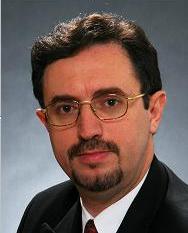
Florian Kongoli
FLOGEN Techno. Inc.
USA/Canada |
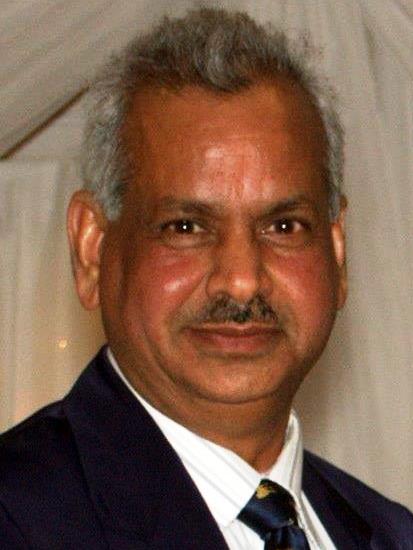
Pramod Kumar
Polycorp Ltd.
Canada |
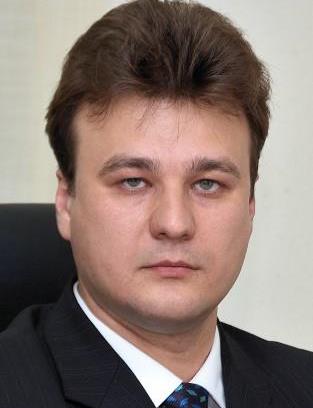
Arkady Senchenko
TOMS Institute
Russia |
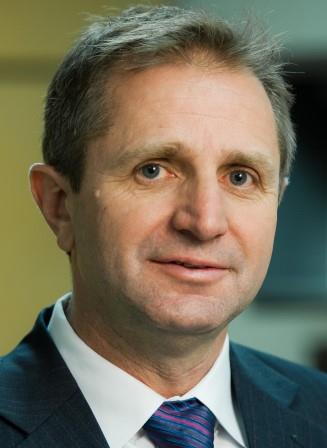
Bern Klein
University of British Columbia, Canada
|
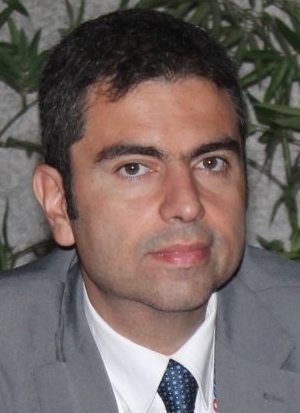
Andre Carlos Silva
University Federal de Goias
Brazil |
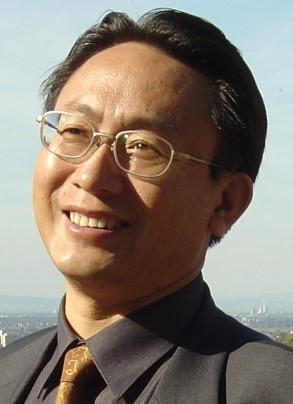
Chunbao Sun
University of Science and Technology Beijing,
China |
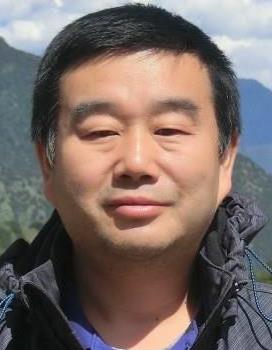
Wei Mingan
HMR Co.
China |

